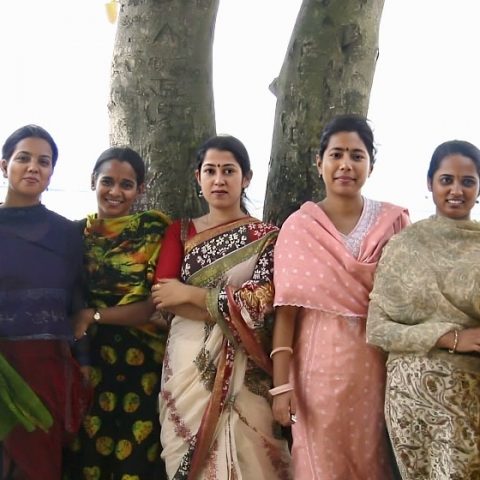In the past few decades, Bangladesh has made enormous advances in public health and economic development. According to the 2015 Millennium Development Goals (MDG) progress report for Bangladesh, the country has seen remarkable progress in increasing life expectancy and reducing infant and maternal mortality.
This success has been attributed to a number of innovative public health interventions targeted towards low-income communities, many of which have been designed and implemented by researchers at icddr,b. The 2015 MDG progress reports credits successful programs for mass immunisation, diarrhoeal disease control and Vitamin-A supplementation for observed reductions in infant mortality.
Despite this progress, Bangladesh must now confront new problems in public health. As a consequence of its ongoing economic growth, the country is going through a major demographic and epidemiological transition. Whereas the traditional focus of public health in Bangladesh has been on infectious disease, the country now faces an increasing burden of chronic non-communicable diseases (NCDs).
NCDs like diabetes and hypertension have been traditionally thought of as “rich country problems”. But the conventional wisdom of global public health, as exemplified by mass immunisation campaigns, no longer applies to a rapidly changing and globalised world. Many countries now have high rates of NCDs existing alongside infectious disease epidemics, chronic malnutrition and extreme socioeconomic inequality. There is an urgent need for novel analyses to better understand the dynamics and idiosyncrasies of this ongoing epidemiological shift from infectious diseases to NCDs.
Researchers from icddr,b, alongside collaborators from BRAC and Oregon State University, have recently published a paper looking at the relationship between socioeconomic inequality and three chronic NCDs (diabetes, hypertension and obesity), with a particular focus on differences between urban and rural areas. The authors analysed data from the 2011 Bangladesh Demographic and Health Survey for their study, the first such dataset for Bangladesh that includes standardised measures such as blood pressure and blood glucose (as opposed to self-reports) to record health status.
The study finds that obesity, diabetes and hypertension are, overall, more prevalent among the richest Bangladeshis. However, when the data is stratified according to rural or urban residence, a different pattern emerges. In rural areas, where the majority of the population lives, NCDs were more prevalent among the poorest sectors of society.
This finding challenges many of our assumptions about NCDs. Previous studies from India have suggested that NCDs like cardiovascular disease primarily affect higher-income groups, suggesting that NCDs remain “rich person problems” in the context of resource-poor countries. However, numerous other studies have demonstrated an increase risk for NCDs and NCD-related mortality among groups with lower wealth and education.
These results demonstrate that it is a reductive oversimplification to see NCDs as a problem that mainly affects the rich and the middle class. While this pattern may be true in urban areas of Bangladesh, the opposite pattern is seen among the rural poor. There is a clear need to develop tailored and nuanced NCD prevention policies that address the rural-urban divide in disease burden identified in this study.


